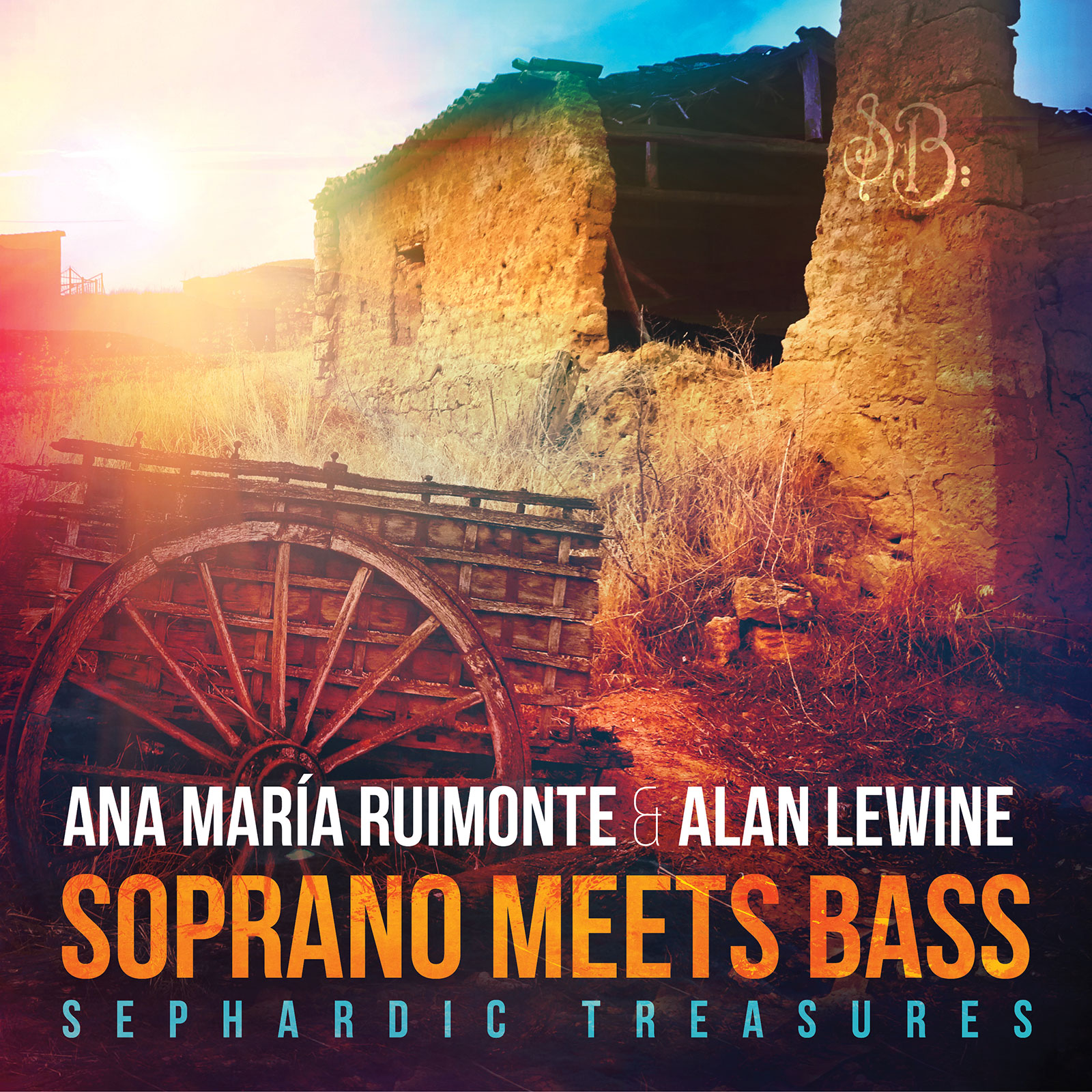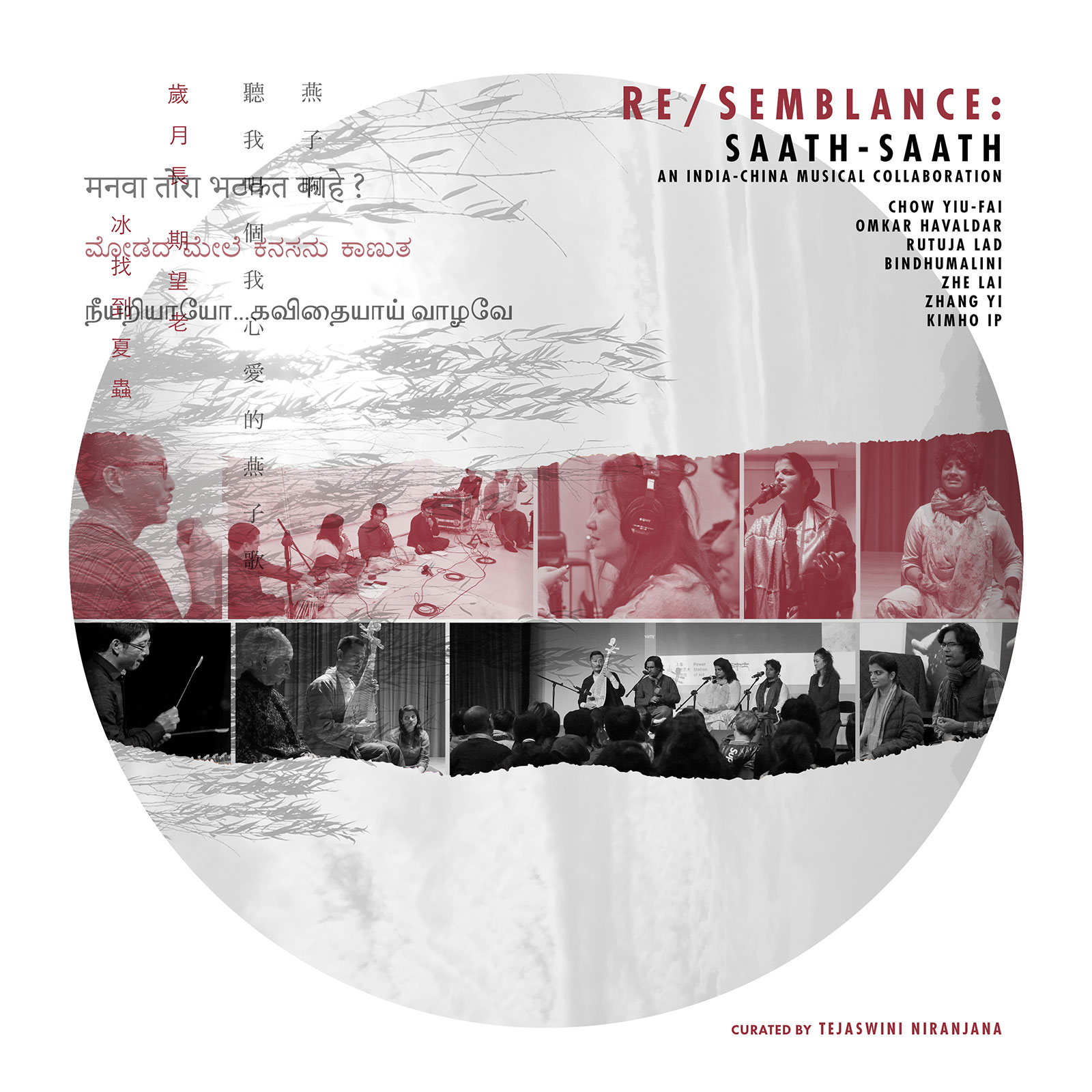Catalog #: AR0020
Release Date: April 14, 2023
21st CenturyFolk MusicChamberRecorderVoiceJewish music, just like the Jewish people, has been around for centuries and originates from various backgrounds. Just like the recorder, an ancient instrument that has been revived in the past few decades, so does the Jewish history and within it, the Jewish music. 27 HEBREW MELODIES FOR RECORDER is a collection of beautiful songs, some of which are very ancient, religious, and Hasidic, while others are modern and secular. Some come from Europe and are sung in Yiddish while others were “born” in Israel and are in modern Hebrew. Is there a common character to these varied tunes? Perhaps the favor for minor scale, some modality, and the use of syncopation. Nevertheless, each and every one of them is a unique piece, recorded for the first time in this special arrangement made by Hans Lewitus for two Recorders. In the album, one can hear and enjoy the whole Recorder family, accompanied sometimes by violin, clarinet, and guitar, along with singing. — Inbar Solomon
Catalog #: AR0015
Release Date: July 24, 2020
21st CenturyFolk MusicJazzVocal MusicGuitarViolinVoiceSOPRANO MEETS BASS is the latest from Ansonica Records. This album of traditional medieval Sephardic songs arranged by jazz bassist and music director Alan Lewine and classical soprano Ana María Ruimonte is an ethnomusicological celebration of the ancient Sephardic culture. These Spanish Jews were expelled from Spain in the 15th Century and resettled throughout the world, mingling their musical traditions with those of other peoples they encountered. The original arrangements meld medieval Moorish Iberia, jazz, flamenco, Middle Eastern music, and bel canto. They have set these songs in a sort of recombinant world fusion reflecting a vibrant embodiment of the Sephardic communities and their culture.
Catalog #: AR0016
Release Date: November 19, 2021
Folk MusicVocal MusicWorldEast AsianPercussionVoiceRE/SEMBLANCE: SAATH-SAATH from Ansonica Records is a unique collaboration between Indian and Chinese musicians and a Cantopop lyricist. The result lives up to the meaning of the Hindustani phrase Saath-Saath: “together-together.” Transcending the confines of borders and cultural differences, this double album is the result of multiple crisscrossing journeys that took Chinese musicians to Bangalore and Mumbai, and took Indian musicians to Hong Kong, Shanghai, Beijing, Hangzhou, Suzhou, and Wuhan. The music exemplifies the notion of “resemblance” by hinting at and recombining a number of cultural traditions; listeners hear a melody that hints at a Hindustani raga, Indian singers intone a Cantonese poem, and more. Through the shared language of music, RE/SEMBLANCE: SAATH-SAATH opens up exciting new possibilities for inter-cultural conversations.
Instrumentation: Voice
Filter By:
-
Folk Music
- 21st Century
- Folk Music
Filter By: Period -
Genre
- Chamber
- Jazz
- Vocal Music
- World
Filter By: Genre -
Voice
- East Asian
- Guitar
- Percussion
- Recorder
- Violin
- Voice
Filter By: Instrumentation

©2024 Ansonica Records. All rights reserved. Website by PARMA Recordings. | Privacy Policy



